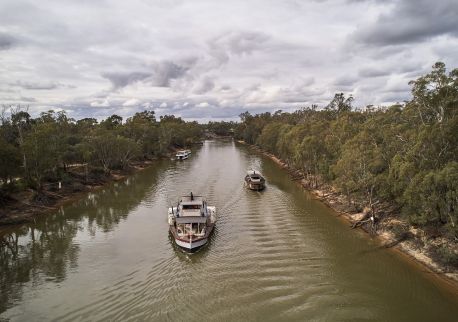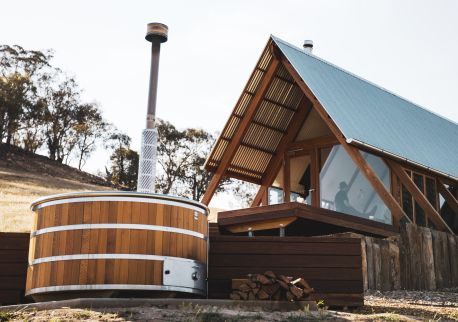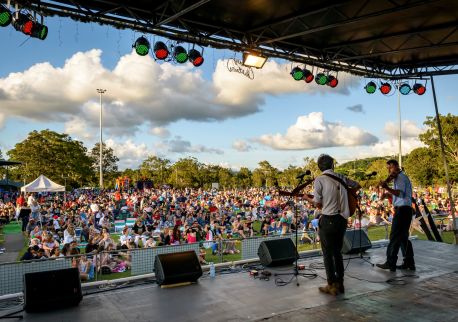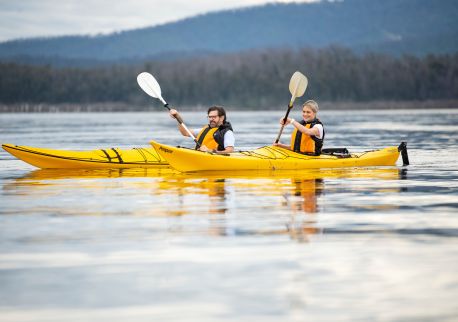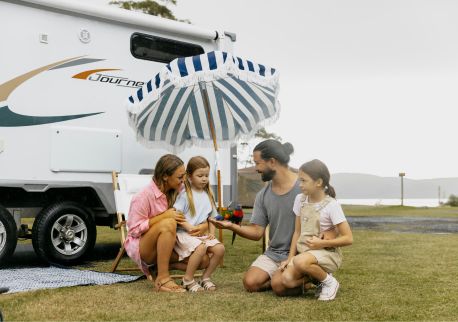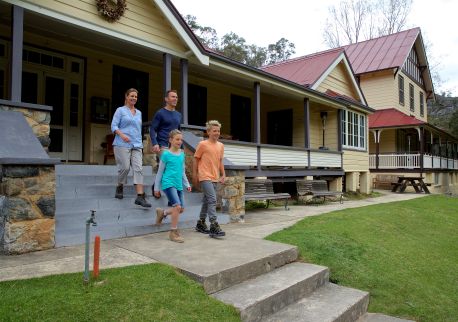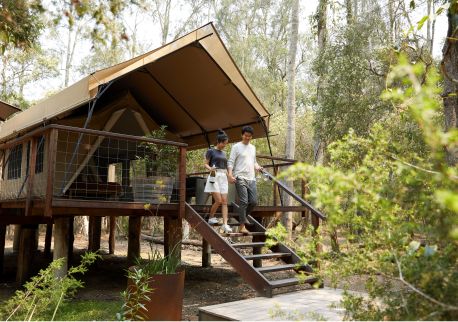WIN Stadium
Highlights
Overview
WIN Stadium is a premier multi-purpose venue located in Wollongong, designed to host a wide range of sporting, cultural, and special events. With a total capacity of 20,500, the stadium offers seating for 14,000 across its grandstands, along with a general admission hill for standing spectators.
Home to the St George Illawarra Dragons in the National Rugby League, WIN Stadium has also welcomed major international acts and events. In 2017, it was one of the few Australian venues selected for Elton John's Once in a Lifetime Tour, and regularly hosts high-adrenaline MotoX events including the Australian Supercross Series, Nitro Circus, and Freestyle Kings Live. In 2021, it served as the official Australian home base for the Wellington Phoenix during the A-League season.
The stadium features a variety of versatile spaces ideal for corporate functions such as conventions, exhibitions, seminars, gala dinners, and team-building activities. Casual dining options are also available year-round through a range of onsite hospitality outlets.
WIN Stadium is a proud part of Venues NSW, with WIN Corporation as the official naming rights sponsor—holding the longest-running naming rights partnership in Australia.






